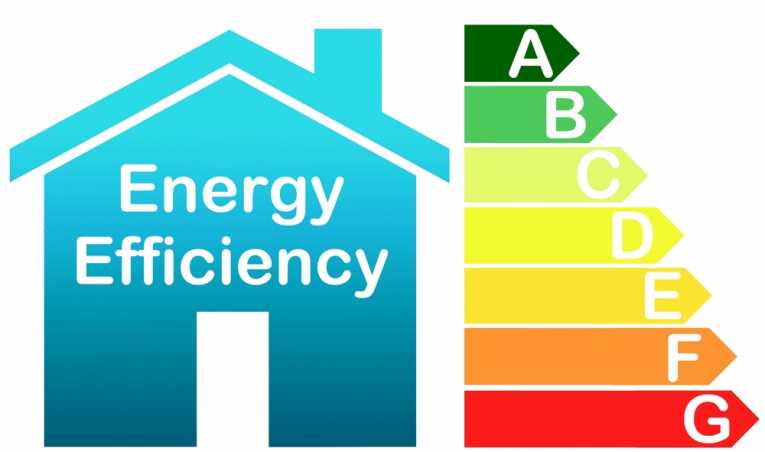The Green Deal's success relies heavily on the experience of the early adopters. The government hope that these early adopters will spread the word and create a snowball effect which will inspire more and more people to jump on board. However, what is important is that these early adopters feel protected and secure when taking part in the Green Deal.
For this reason, the people behind the Green Deal have created the "Golden Rule" which will act as the back bone of the scheme and support future developments. The Golden Rule ensures that it is worthwhile for the Green Deal consumer to get involved and that they make savings on their energy bill. It also ensures that the money can be repaid via the savings in energy costs and that the Green Deal suppliers are paid back.
In layman's terms, the Green Deal will not pay for energy efficiency measures unless they are absolutely certain it will save you money.
The main problem with the Green Deal Golden Rule is the instability of the energy supplier industry. Nothing can be done to confidently predict the cost of future energy and even the energy companies themselves would never want to comment on the issue. This basically means that what the Green Deal saves you this year and next year, could potentially become obsolete the year after.
Investing in long term energy efficiency is a great idea but may be a little risky for some. Many people will be put off by this "risk factor" which will cause a much slower uptake of the Green Deal. As mentioned above, the long term success relies heavily on the speed of uptake in the early days.

Thermal insulation of a house roof via Shutterstock
Another issue with the Golden Rule is that the loan will be attached to the property, not the person who took out the loan in the first place. This has been done to encourage people to take up the Green Deal to improve their homes, even if they know that they will be moving from the property in the near future. After all, it is the new owners that would benefit from the improvements once the property is passed on. This is also why properties will be accessed on an individual merit. Many in the industry, however, are concerned that this will put people off as they fear it will be hard to sell a property which has inherent debt. For this reason, people may not be keen to partake in the Green Deal, if they have plans to move in the near future. After all, it is hard enough to sell property as it is!
For homeowners who have much bigger homes to insulate, the costs may be significantly higher and possible problems may arise when energy efficiency installations cost more than the Green Deal Golden Rule will fund. In this situation, the government have announced that Green Deal funding will be available to subsidise the work.
At the end of the day, the Green Deal is all about reducing the nation's carbon footprint and the government need everybody involved to reach their ambitious target of improving 14 million homes. The Golden Rule will prove a valuable tool for the Green Deal but it is important that the government allow a level of flexibility. What works at the beginning of the Green Deal role-out may not necessarily work further down the road. Long term strategy needs long term devotees.










